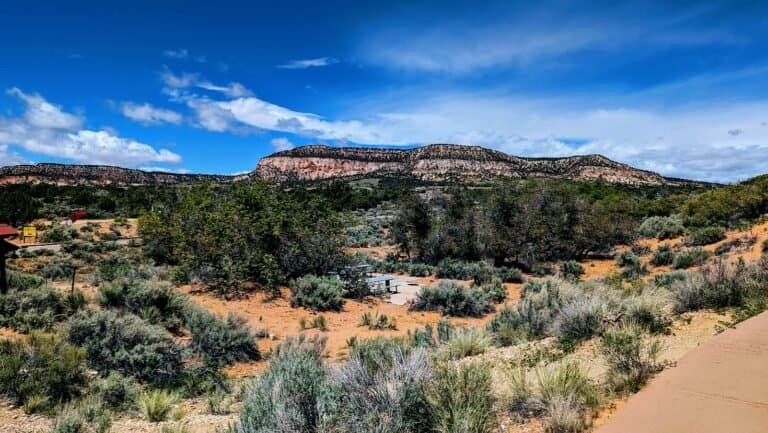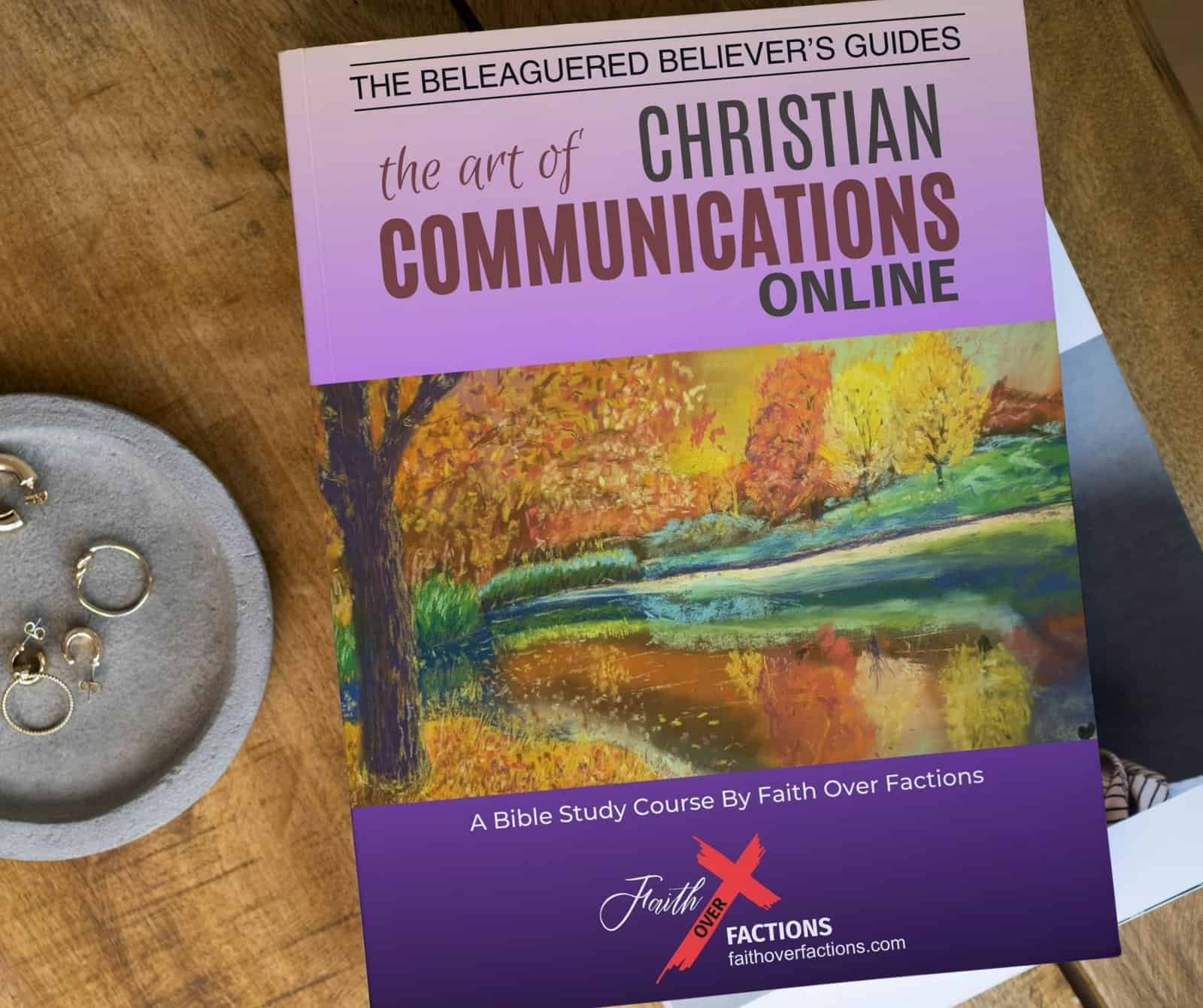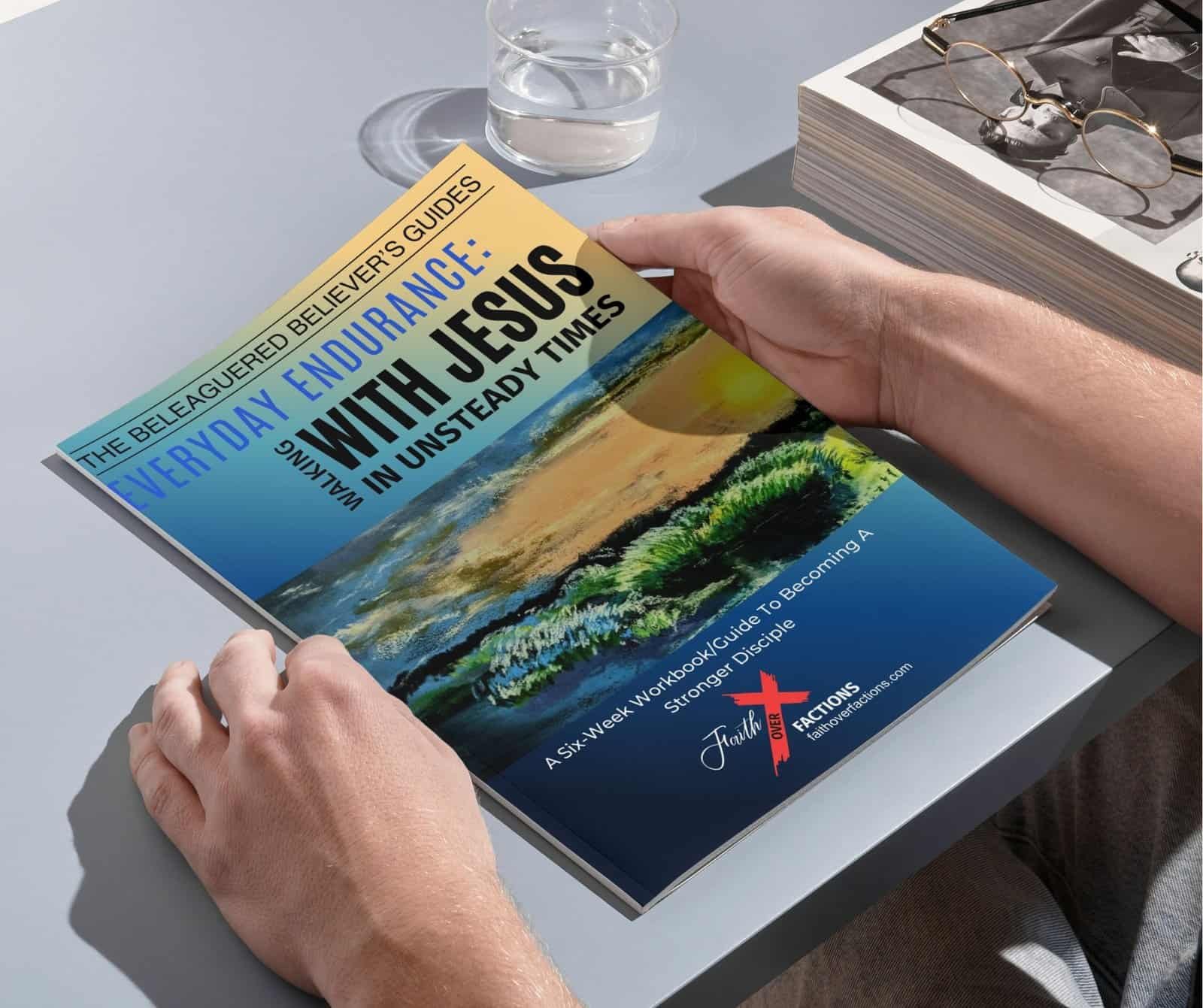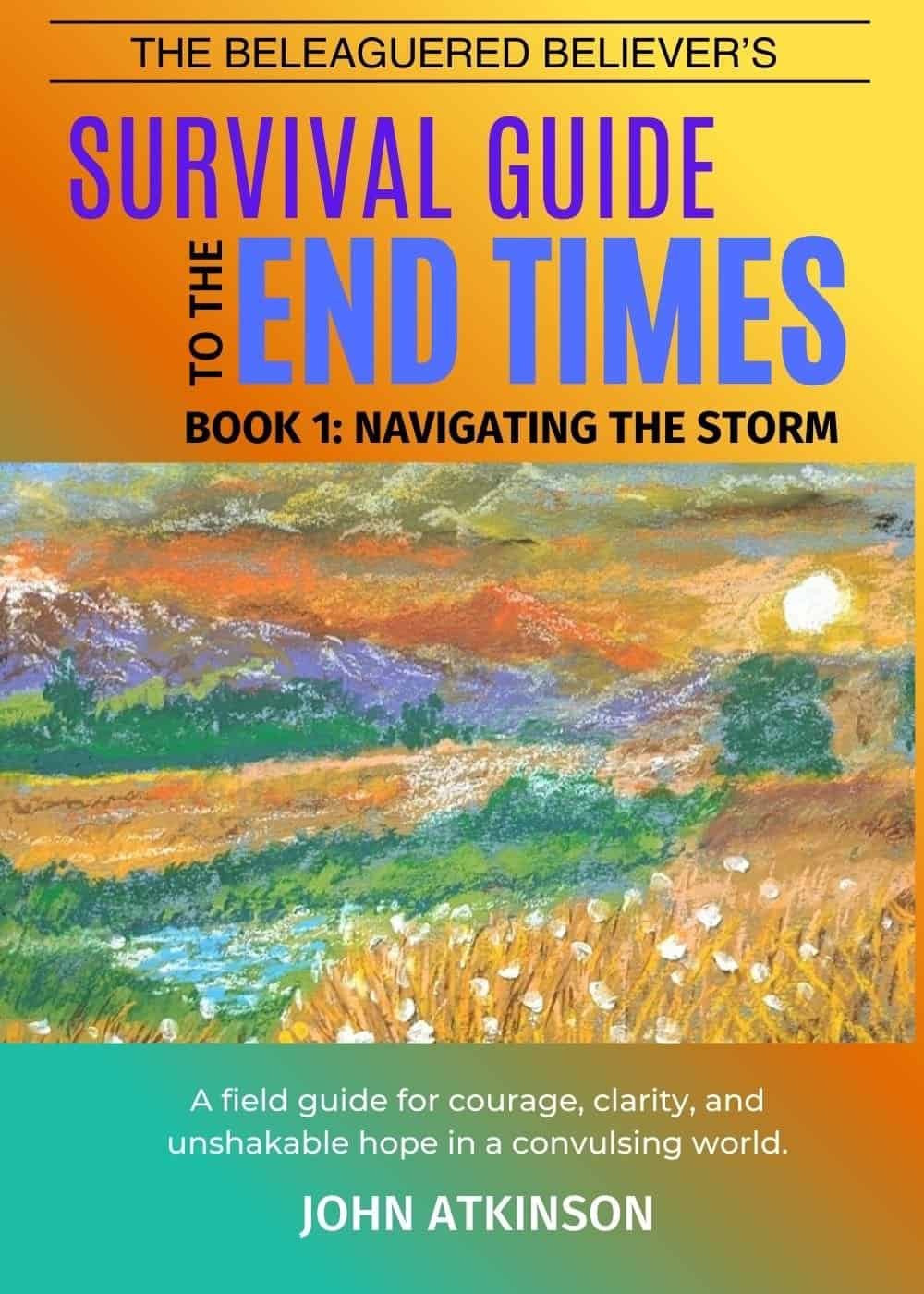

Genesis 22 takes us to the mountain of surrender, where Abraham is asked to offer his son Isaac. This Mile Marker explores faith under pressure, the mystery of trust, and God’s ultimate provision—a ram in the thicket pointing to Jesus Christ. On Mount Moriah, Abraham learns that surrender is not about loss but about discovering that God Himself will provide. This story challenges us to lay down what we hold most dear and trust the One who never withholds mercy.
Abraham named the place Jehovah-Jireh (which means ‘the Lord will provide’). To this day, people still use that name as a proverb: ‘On the mountain of the Lord it will be provided.
Genesis 22:14, NLTThere are moments when God asks for what feels unthinkable. Genesis 22 is one of those moments. Abraham, the man who waited decades for a son, now hears the voice of God commanding: “Take your son, your only son—yes, Isaac, whom you love—and go to the land of Moriah. Go and sacrifice him as a burnt offering on one of the mountains, which I will show you.” (Gen 22:2).
Modern ears recoil at such a command. We live in a world that seeks safety, comfort, and explanations. But the God of Scripture is not domesticated. He will not be reduced to our cultural expectations or moral assumptions. The One who gave Isaac now asks for him—not to delight in pain, but to prove that Abraham’s faith rests not in gifts, but in the Giver Himself.
What feels like horror is holy testing. The same God who forbade human sacrifice, who abhors the spilling of innocent blood, is the God who stops Abraham’s hand. This was never about killing Isaac—it was about killing idolatry. It was about showing that even the promised son must not become Abraham’s god.
Charles Spurgeon explains it this way: “It was not God’s intent that Isaac should be slain; it was His intent that Abraham should be tried. And when faith had its perfect work, the trial was withdrawn. In this we see the image of a greater Father, who did not spare His own Son, but delivered Him up for us all.”1
No story in Genesis brings us closer to the tension of faith and fear, trust and obedience, than this one. And no story points us more clearly to the shadow of a greater mountain, where another Father would not withhold His Son—but offer Him for the salvation of the world.
After decades of delay, laughter, and finally fulfillment, Isaac—the miracle child—is no longer a baby. He is a young man, full of promise. Every hope of Abraham’s future rests on this boy’s life. And then the unthinkable happens: God calls Abraham to surrender him (Gen 22:1-2).
We are not told what Abraham felt that night, only that by morning, he rose early and set out. The silence between the command and the journey’s start speaks louder than words. This is faith in its rawest form: obeying before understanding, trusting before knowing the outcome.2
For three long days, father and son walk side by side. Abraham carries fire and knife. Isaac shoulders the wood for his own sacrifice. The text gives no hint of conversation—only the sound of footsteps climbing toward a destiny neither fully comprehends.
When Isaac finally breaks the silence—“Where is the lamb for the burnt offering?”—Abraham replies: “God himself will provide the lamb.” (Gen 22:7-8). This is not evasive—it is prophetic. Faith often sounds like mystery because it speaks of things unseen but certain.3
On Mount Moriah, Abraham builds an altar stone by stone. He binds Isaac. We’re not told of a struggle—only surrender. As the knife is raised, heaven breaks its silence: “Do not lay a hand on the boy… For now I know that you truly fear God. You have not withheld from me even your son, your only son.” (Gen 22:12).
This is no capricious test. It is revelation. True love for God holds nothing back—not even the most precious gift He has given. Abraham had passed beyond belief in a promise into utter trust in the Promiser.4
Then Abraham sees it—a ram caught by its horns in a thicket. The substitute sacrifice is provided. Isaac steps off the altar, and the ram takes his place (Gen 22:13). In awe, Abraham names the mountain Jehovah Jireh—“The Lord Will Provide.” (Gen 22:14).
This is more than gratitude—it is prophecy. On this same mountain range, centuries later, God would not stop the knife. Another only Son would be bound to wood, crowned with thorns, and offered up—not because a man obeyed, but because God so loved the world that He gave His one and only Son (John 3:16).5
In the ancient Near East, child sacrifice was tragically familiar. Pagan nations often believed the way to secure favor or avert wrath from their gods was to offer their own children on the altar. Archaeological findings in regions surrounding Israel confirm that the burning of sons and daughters was a horrific but accepted religious practice.10
Genesis 22 shatters that dark expectation. The true and living God does not desire human blood as a bribe. This test was never meant to end with Isaac’s death—it was meant to reveal God’s heart and Abraham’s faith. In stopping Abraham’s hand and providing a ram, Yahweh distinguishes Himself from the false gods of the nations. Arthur Pink notes, “This scene displays the vast difference between heathen darkness and divine light. Jehovah never intended human sacrifice; He Himself would provide the Lamb.”11
After the altar, the covenant is not rewritten but reaffirmed. The angel of the Lord speaks blessing: Abraham’s descendants will be as numerous as the stars and the sand; they will possess the gates of their enemies, and through his seed, all nations will be blessed (Gen 22:16-18). This moment does not purchase God’s favor—it proves Abraham’s faith, displaying that his loyalty is not divided between the Giver and the gift.
Centuries later, the New Testament would interpret this act as the pinnacle of faith: “Abraham reasoned that if Isaac died, God was able to bring him back to life again. And in a sense, Abraham did receive his son back from the dead.” (Hebrews 11:19). The altar on Moriah thus points forward to a greater resurrection hope that would be fully revealed in Christ.
Obedience in this chapter costs Abraham everything. Isaac isn’t just a beloved child—he is the embodiment of God’s covenant promise. Through Isaac, nations would arise. Through Isaac, the Messiah’s lineage would come. Placing him on the altar feels like placing God’s own word under the knife.
Faith is easy when it costs nothing. It is easy to say “I believe” when the path is smooth and blessings flow. But true trust is proven in surrender—when God asks for what we cannot imagine giving back. As A.W. Tozer writes, “Before the Lord can fill us, He must empty us; before He can make us strong, He must first break us.”6
For three long days, Abraham walks with the weight of a command that makes no human sense. Every step up Mount Moriah defies logic. Yet he walks—because obedience to God is not grounded in explanations but in revelation. Abraham trusts not what he understands, but Who he knows.
This is not blind faith. It is a faith that bleeds, trembles, and still climbs the mountain. Arthur Pink captures it: “True faith is tested faith, and faith that cannot be tested cannot be trusted.”7
Isaac’s silence is as piercing as Abraham’s obedience. There is no record of rebellion or struggle. Both father and son are pictured in quiet submission—a foreshadowing of Christ, who “was led like a lamb to the slaughter… yet He did not open His mouth” (Isaiah 53:7). This surrender deepens the wound and magnifies the trust: God is worthy even when the cost feels unbearable.
Isaac is introduced here with the same phrasing echoed in the New Testament: “your son, your only son, whom you love” (Gen 22:2). These words anticipate John’s gospel, where we are told of another Father who gave “His one and only Son” (John 3:16). The scene on Moriah paints a shadow of Calvary. Isaac shoulders the wood of his own sacrifice just as Jesus would later bear the weight of the cross up Golgotha (John 19:17).
Though Abraham binds Isaac, the text gives no hint of resistance. Isaac trusts his father’s heart. Similarly, Jesus willingly submitted to the Father’s will: “Not my will, but yours be done” (Luke 22:42). Charles Spurgeon wrote, “We see Isaac willing to die by his father’s hand, and we behold Christ yielding His life into the hand of His Father for our redemption.”8
As Abraham’s knife rises, heaven calls out. A ram is seen caught in a thicket and offered in Isaac’s place. This was no accident—it was divine orchestration. God was already providing the substitute before the sacrifice was demanded. Isaac lives because another dies. This is the essence of the gospel: “The Son of Man came… to give His life as a ransom for many” (Mark 10:45).
What God spared Abraham from, He Himself would one day do. Paul writes, “He who did not spare his own Son but gave him up for us all—how will he not also… graciously give us all things?” (Romans 8:32). Arthur Pink comments, “The ram on Moriah pointed forward to Calvary’s Lamb, bearing the thorns, caught in the thicket of our curse, sacrificed in our stead.”9
Abraham names the place Jehovah Jireh—“The Lord will provide.” This is not only a statement of past provision but a prophetic glimpse of future redemption. Moriah’s hill would later encompass Jerusalem’s Temple Mount. Centuries later, another Son would climb another mountain, carrying wood, crowned with thorns, offered as the final sacrifice for sin.
This time, no angel’s voice would stay the hand. No ram would appear in substitution. Jesus became the Lamb of God, once for all. On that mountain, the Lord provided the salvation that every altar and every sacrifice had been pointing to (Hebrews 10:10).
Some promises are easy to entrust to God, but others grip us tightly—dreams, relationships, ministries, even our very identity. We fear that if we release them, we will lose them forever. Yet, faith is not proven in what we hold but in what we surrender. Abraham shows us that nothing truly given to God is ever wasted.12
The mountain of surrender is not where blessings go to die—it’s where provision is revealed. The altar of sacrifice often becomes the altar of resurrection. God returns Isaac, but with a renewed covenant and a deeper revelation of His name: Jehovah Jireh.
Faith rarely feels safe. It cuts through illusions of control, severing our grip on what we think secures us. Trust often feels like dying—dying to certainty, dying to our own plans. But it is in this death that divine life breaks through. As A.W. Tozer reminds us, “It is doubtful whether God can bless a man greatly until He has hurt him deeply.”13
Abraham did not walk up Mount Moriah with steady hands or a serene heart. He trembled. But faith does not wait for feelings to align—it steps forward on trembling legs, knowing that God Himself is faithful even when everything else feels uncertain.
At the peak of the test, Abraham discovers what was true all along: God never intended to take Isaac; He wanted Abraham’s heart. The Father gives back more than was laid down. In every test of faith, God’s intent is not to destroy but to reveal Himself as Provider.
Whatever your Mount Moriah looks like today, know this: the knife will not fall in vain. God’s provision stands ready, waiting to be revealed when you open your hands to Him.
On Mount Moriah, Abraham discovered that surrender is not the end—it is the doorway to deeper provision. When everything precious seemed on the verge of loss, God revealed a truth that echoes through eternity: faith at its highest point is not grasping but giving. It is believing that even when what we treasure most is laid on the altar, the One who promised is able to resurrect, restore, and redeem (Hebrews 11:19).
This chapter points forward to another hill, another Son, another sacrifice. Centuries after Abraham, another Father would lead His beloved Son up a mountain carrying wood. But this time, there would be no ram in the thicket, no angel to stay the hand. What God spared Abraham from, He did not spare Himself (Romans 8:32). Jesus became both the beloved Son and the substitute sacrifice, willingly laying down His life for the redemption of the world.14
The cross is Mount Moriah fulfilled. There, the Lord provided—not just for one family, but for all who would believe. There, faith found its perfect example and its eternal foundation. As Spurgeon proclaimed, “Herein is the wonder: that He who tests our faith also sustains it, and in Christ has given us more than we could ever lay upon His altar.”15
So today, when God calls you to a mountain that feels impossible, remember: surrender is not where blessings die. It is where grace is multiplied, where provision is revealed, and where the God who sees will meet you with resurrection hope.
1 Charles Spurgeon, Sermon No. 1730: Abraham’s Trial—A Lesson for Believers (Metropolitan Tabernacle, London, 1883).
"It was not God’s intent that Isaac should be slain; it was His intent that Abraham should be tried. And when faith had its perfect work, the trial was withdrawn. In this we see the image of a greater Father, who did not spare His own Son, but delivered Him up for us all."
2 Arthur W. Pink, Gleanings in Genesis (Chicago: Moody Press, 1922), p. 217.
"Faith is shown by what it does with God’s command, not what it feels about it. The obedience which is not immediate is no obedience at all."
3 A.W. Tozer, The Pursuit of God (Christian Publications, 1948), p. 98.
"Faith is the gaze of a soul upon a saving God. It is never knowing the full path ahead, but knowing the One who has marked it."
4 Charles Spurgeon, Metropolitan Tabernacle Pulpit Vol. 30, 1884.
"When God tests the heart, He touches what we love most, for there our faith is either proved or disproved."
5 G. Campbell Morgan, The Crises of the Christ (Revell, 1903), p. 205.
"Moriah and Calvary are bound by one line of crimson thread: God Himself provides the Lamb."
6 Charles Spurgeon, Sermon No. 1730: Abraham’s Trial—A Lesson for Believers (Metropolitan Tabernacle, London, 1883).
"When the Lord tests us, it is not to take away His mercy but to remove our idols. If you would keep Isaac, you must be ready to give him back to God."
7 Arthur W. Pink, Gleanings in Genesis (Chicago: Moody Press, 1922), p. 218.
"True faith is tested faith, and faith that cannot be tested cannot be trusted."
8 Charles Spurgeon, Sermon No. 2134: Jehovah-Jireh (Metropolitan Tabernacle, London, 1889).
"We see Isaac willing to die by his father’s hand, and we behold Christ yielding His life into the hand of His Father for our redemption."
9 Arthur W. Pink, Gleanings in Genesis (Chicago: Moody Press, 1922), p. 221.
"The ram on Moriah pointed forward to Calvary’s Lamb, bearing the thorns, caught in the thicket of our curse, sacrificed in our stead."
10 John H. Walton, Ancient Near Eastern Thought and the Old Testament (Baker Academic, 2006), p. 95.
"Child sacrifice was a tragically common attempt to secure divine favor in the surrounding cultures of Israel."
11 Arthur W. Pink, Gleanings in Genesis (Chicago: Moody Press, 1922), p. 223.
"This scene displays the vast difference between heathen darkness and divine light. Jehovah never intended human sacrifice; He Himself would provide the Lamb."
12 Charles Spurgeon, Sermon No. 1731: The Trial of Faith (Metropolitan Tabernacle, London, 1883).
"The Lord never takes away from His children anything they truly need. What He demands, He returns sanctified, or He gives something better still."
13 A.W. Tozer, The Root of the Righteous (Christian Publications, 1955), p. 45.
"It is doubtful whether God can bless a man greatly until He has hurt him deeply."
14 John Stott, The Cross of Christ (InterVarsity Press, 1986), p. 61.
"God spared Abraham’s son but not His own. That is the measure of His love for us."
15 Charles Spurgeon, Sermon No. 2134: Jehovah-Jireh (Metropolitan Tabernacle, London, 1889).
"Herein is the wonder: that He who tests our faith also sustains it, and in Christ has given us more than we could ever lay upon His altar."


The Art of Christian Communications Online
Download The Art of Christian Communication Online—a free guide & workbook to help believers communicate with truth, empathy, and grace in every online conversation.
No email address required.

Find strength for weary days.
Download Everyday Endurance: Walking With Jesus in Unsteady Times
—a free devotional guide & workbook to help you build spiritual and emotional resilience through prayer, reflection, and daily trust in God.
No email address required

The Survival Guide for Beleaguered Believers is here—offering strength when systems fail, clarity whenlies spread, and hope that endures when the world seems out of control.
Don’t just survive the chaos—stand firm in Christ.
📖 Always free with Kindle Unlimited. Available in paperback and hardcover as well!
All Site Photography and Artwork Originals from John's wanders and studio unless noted.
Scripture quotations marked (NLT) are taken from the Holy Bible, New Living Translation, copyright © 1996, 2004, 2015 by Tyndale House Foundation. Used by permission of Tyndale House Publishers, Carol Stream, Illinois 60188. All rights reserved.
Scripture quotations marked (AMP) are taken from the Amplified® Bible,
Copyright © 1954, 1958, 1962, 1964, 1965, 1987, 2015 by The Lockman Foundation
Used by permission. www.lockman.org
We completely recommend E-Sword, a Free Study Bible available for most mobile and desktop platforms.